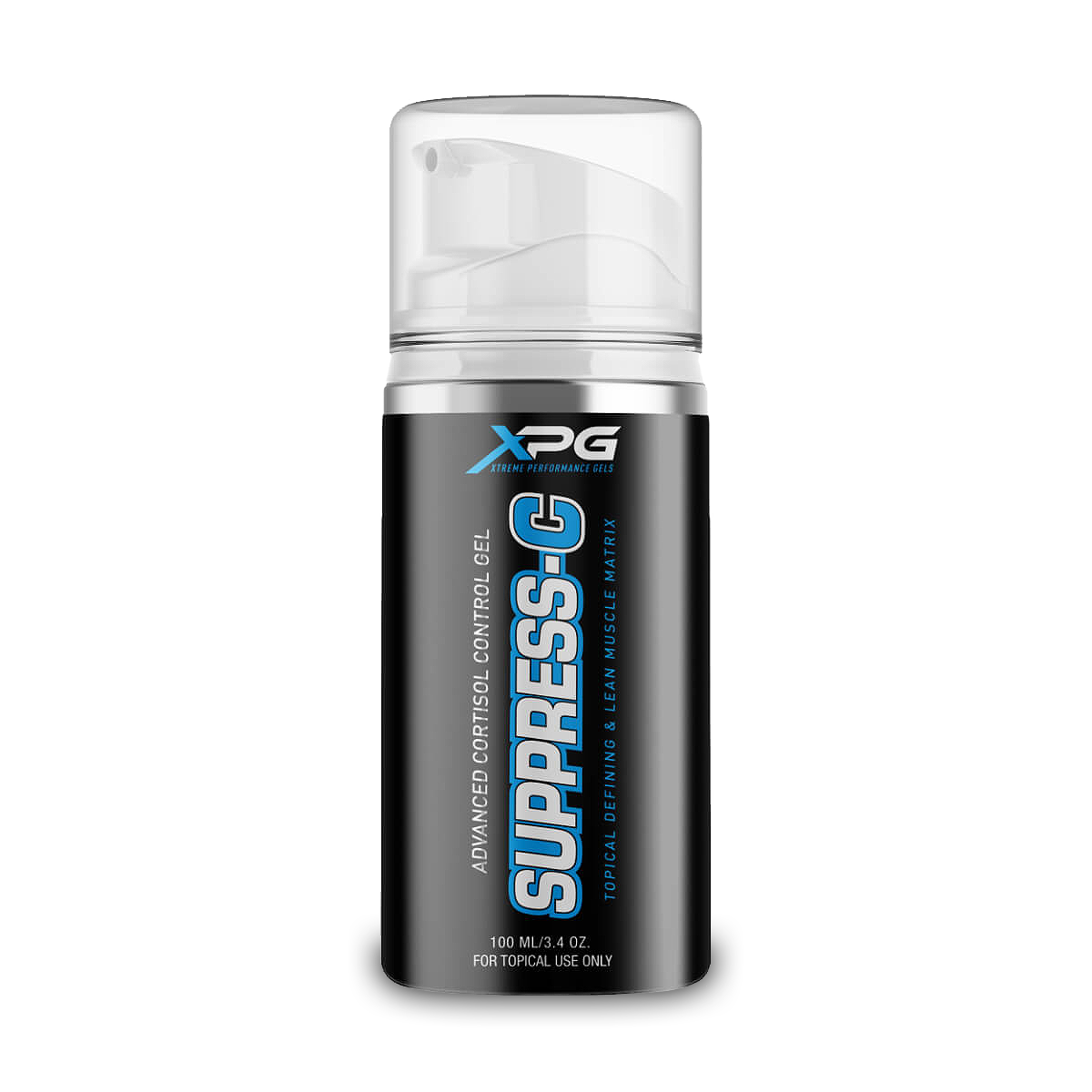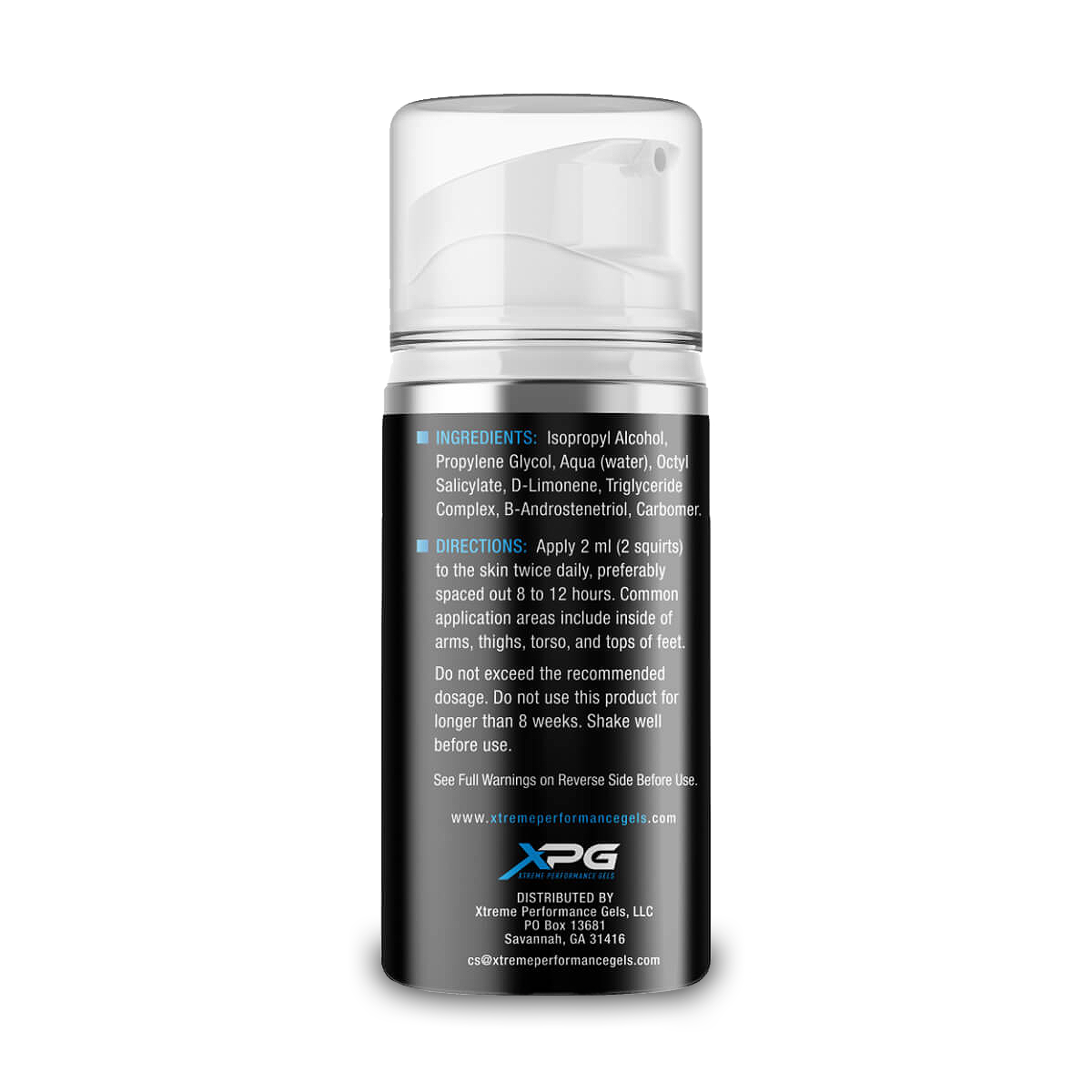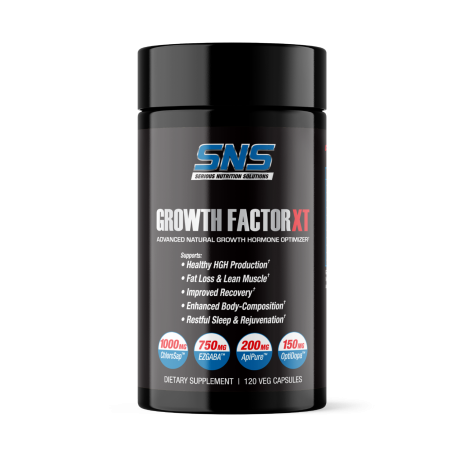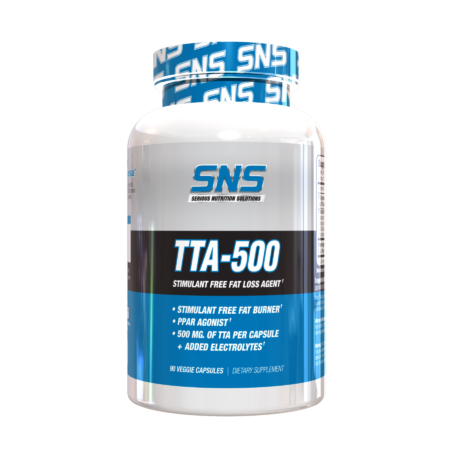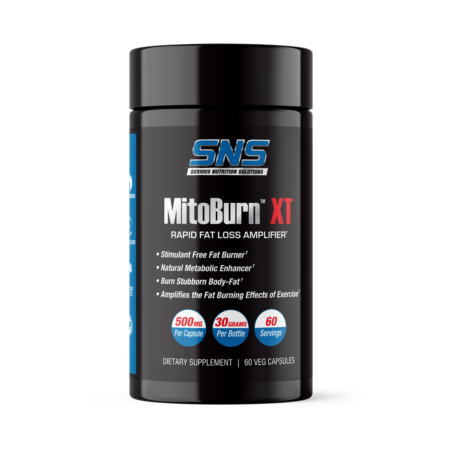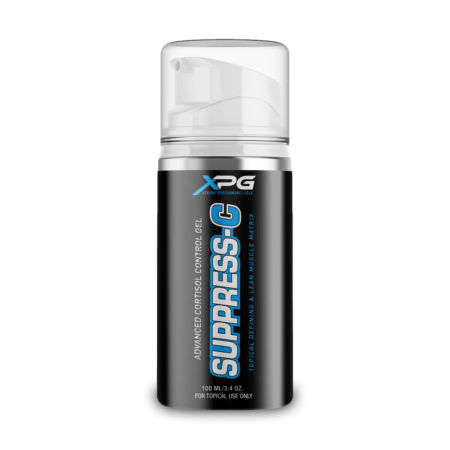Description
Advanced Cortisol Control Gel
Topical Defining & Lean Muscle Matrix
Suppress-C contains B-Androstenetriol, a naturally occurring DHEA metabolite that is commonly associated with reducing cortisol levels.
Cortisol is a stress hormone that is commonly associated with increased fat storage (especially in the abdominal area and love handles) and with being catabolic (breaking down muscle tissue).
B-Androstenetriol Highlights:
– Supports Cortisol Control
– Supports Fat Loss
– Helps Preserve &/or Build Lean Muscle
– Possible Anti-Inflammatory Actions
Ask yourself a few questions:
– Are you having a hard time losing fat?
– Does your progress feel stuck in a rut?
– Do you find yourself holding fat in your abdominal area and love handles?
– Are you having a hard time building lean muscle?
– Do you need or wish to retain lean muscle while dieting?
People that answer yes to any of the above questions may be interested in B-Androstenetriol.
Note: Suppress-C contains approximately 25 mg. B-Androstenetriol per 1 ml.
Does the name Suppress-C sound familiar?
The name Suppress-C was at one time synonymous with topical cortisol control products. So much so that Xtreme Performance Gels purchased the naming rights to Suppress-C to bring back this legendary name. If that isn’t exciting enough, Xtreme Performance Gels has acquired the rights to another legendary topical name/formulation and will be reintroducing it as well in the coming months.
Stress & Fat Storage
You often hear about how stress can make you gain weight.
In today’s world, how many of us can really say that we aren’t under a lot of stress?
At first glance, many people tend to think when they hear about stress making you gain weight that this is referring to people that tend to eat more or eat poorly as a means of coping with stress, but that isn’t always the case. To understand how stress can contribute to fat storage, one has to understand the basics of cortisol.
What is Cortisol?
Cortisol is considered to be a stress hormone and is released by the adrenal glands. When the body is under stress (either physical or psychological), the body may produce excess cortisol to try to help combat the stress. The body’s way of helping combat the stressors is by liberating energy stores and cortisol assists in that process by breaking down muscle protein into amino acids as fuel sources for the body. This process can be detrimental to overall body composition because it can lead to increased fat storage and decreased lean muscle tissue.
It is important to note that while cortisol has negative effects on overall body composition, it isn’t entirely negative as it does have some useful applications which is why its important to think of cortisol in terms of controlling it rather than eliminating it.
Cortisol – Potential Effect on Lean Muscle
Cortisol breaks down muscle protein into amino acids for use as a fuel source. In layman’s terms this means that cortisol breaks down your hard earned muscle tissue. By helping suppress cortisol levels, it may allow one to keep more of their hard earned muscle gains.
Cortisol – Effect on Fat Storage
Cortisol assists in breaking down stored body-fat into fatty acids so that the body can have an immediate energy source to help combat stressors. At first, this may sound like a good thing but the long-term effect of this action is these fatty acids being stored as the most easily accessible type of body-fat for the same future use – visceral fat. Visceral fat is the type of fat that is located around the internal organs and most commonly associated with a variety of health conditions. Also, by altering fat distribution from subcutaneous fat to more cortisol sensitive areas, this may have detrimental effects on physical appearance. For example, cortisol sensitive areas include the abdominal ‘pot belly’ appearance, excess facial fat storage, etc.

